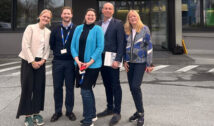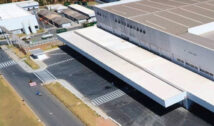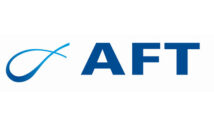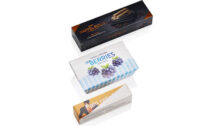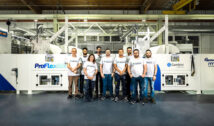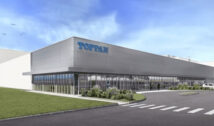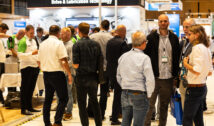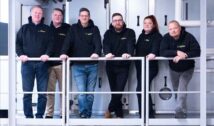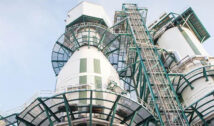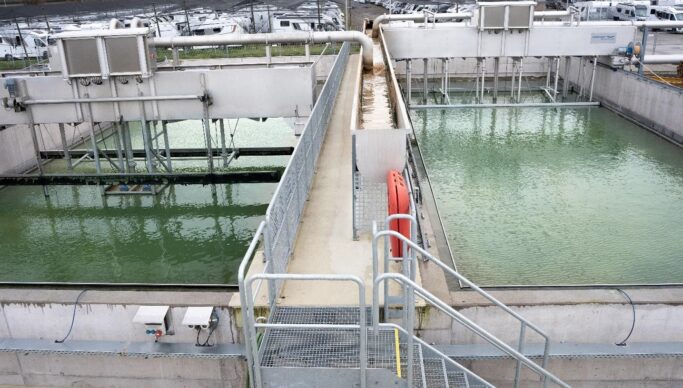
Beginning of this year, the construction work on the wastewater treatment plant at the Koehler Paper site in Kehl in South West Germany was finally concluded after 18 months. The plant needed to be expanded due to the construction and commissioning of Production Line 8 in 2019, which resulted in an increase in wastewater volume.
As a temporary solution, Koehler Paper had to divert some of its wastewater to the municipal treatment plant in Auenheim. To ensure that all production water can be treated in-house at the Kehl site, new tanks and sand filter systems were installed. In addition, some of the existing tanks were modified during ongo- ing operation to make sure that there was no disruption to the production process. Once the construction work was complete, it was possible to stop diverting production water to the Auenheim treatment plant as planned.
Treated production water reintroduced into the natural water cycle
“The work to extend the wastewater treatment plant ran really smoothly thanks to the excellent work of our project team. The excellent cooperation between different departments and the authorities of the city of Kehl enabled the project to be completed successfully and on schedule. The extended treatment plant offers greater flexibility and capacity, which will allow us to respond more quickly to future demands,” says Joachim Uhl, Mill Director at the Koehler Paper site in Kehl.
As a result, the treated production water can be reintroduced into the natural water cycle in its entirety. The renovation project thereby makes an important contribution to achieving our sustainability goals in the area of resource efficiency. To this end, Koehler is constantly trying to optimize material flows in terms of circular utilization and minimize its impact on the environment.
2030 sustainability strategy
With the extension of the wastewater treatment plant at the Kehl site, we are contributing to achieving our sustainability goals in the area of resource efficiency. To this end, we are constantly trying to optimize material flows in terms of circular utilization and minimize our impact on the environment.



